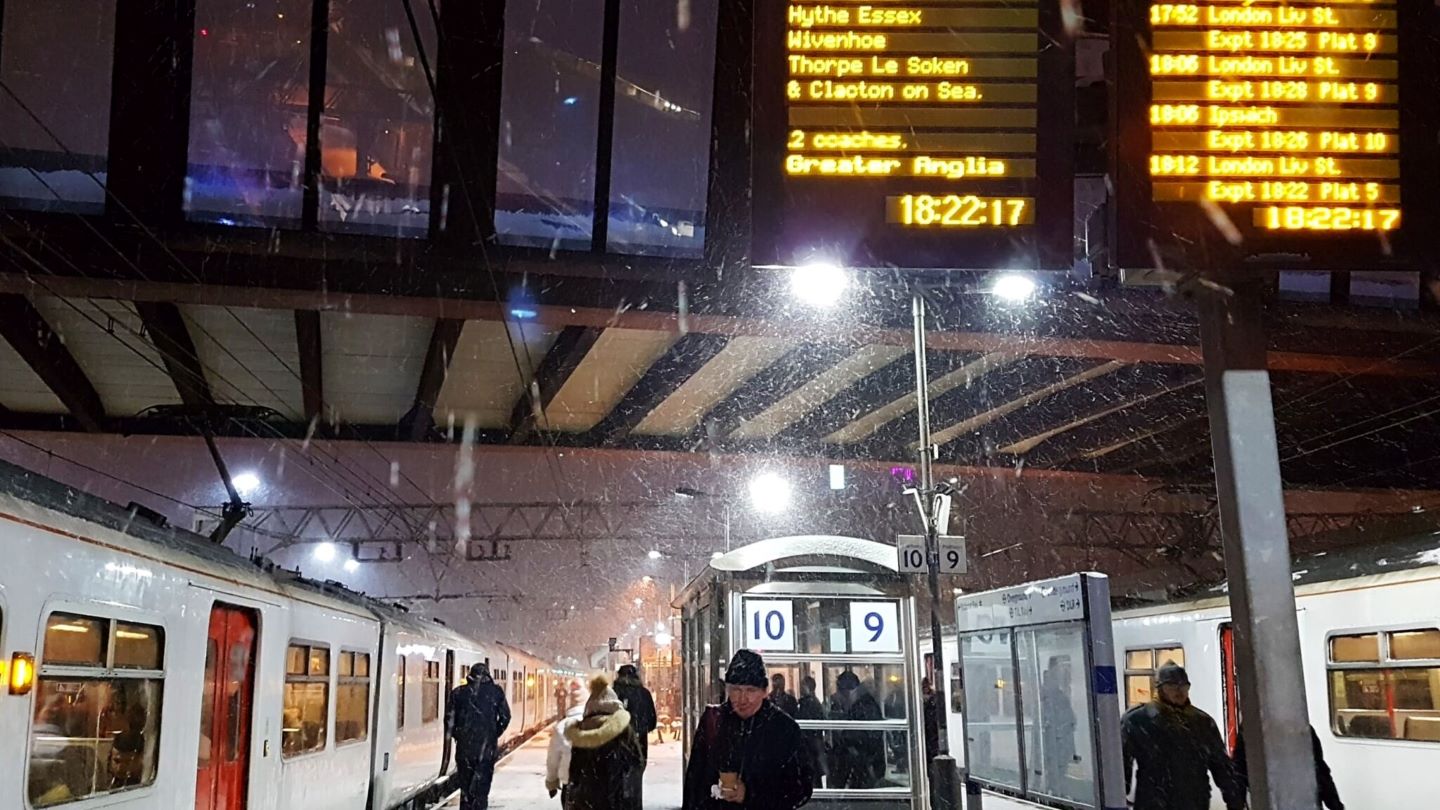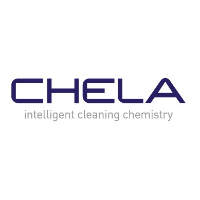
When it comes to our densely populated cities, keeping the roads clear and a good public transport service running is crucial for the prosperity of the city. But it’s no easy task.
With more harsh winters hitting the UK over the last few years there are some serious lessons that need to be learnt.
Which winterisation problems are unique to the UK?
These problems lie largely in the unpredictability of the weather, in both summer and winter.
If you look at somewhere renowned for snowfall, Canada for example, they experience much harsher, longer winters than the UK. Yet they always seem to fair much better despite worse conditions.
The reason for this is first being able to justify and quantify the expense of winterisation products. The second is that they know what to expect and when to expect it.
This means that it behoves them to spend the money required to keep the infrastructure running as efficiently as possible.
In contrast, here in the UK, we simply don’t know what to expect.
When we are unexpectedly struck down by a storm, precautionary measures are hardly ever in place.
By the time train services have gotten back to being acceptable (occasional snow drifts notwithstanding) the snow has mostly gone, and we are back to standard wet and tepid weather.
The issues around running services are even more controversial, due to the expensive equipment that often lies around unused in the sidings throughout the winter.
For example, a snow blower capable of handling three metre drifts was bought by former Network Southeast. It saw no action in more than ten years and was eventually moved to Scotland.
Keeping rail and bus services running in winter
One of the key problems in dealing with winter here in Britain is justifying the cost. As the country grinds to a halt in the face of an arctic blasts, it is estimated to cost the British economy approximately £1bn a day.
However, for the brief periods of snow that we do have, is it worth preparing for the winter properly like Russia or Canada?
The city of Toronto Canada regularly spends over $85 million on gritting salts. That’s just one city of 2.5 million people.
When it comes to winter preparedness, councils and railways across the UK have to tackle this problem. Yet it just isn’t practical or cost efficient to prepare for a winter in the same way that Russia or Canada do.
So how do UK transport systems cope?
The problem is that we really don’t get enough snow to justify proper preparation.
However, Transport for London has come up with a number of clever ways to keep services running as efficiently as possible:
This is from a 2018 press release:
“On London Underground there are well rehearsed plans that include running de-icing trains overnight, keeping tracks as clear as possible and treating platforms to keep them safe for customers.” – TFL 2018 press release
Night (Ghost) trains
Overnight ‘ghost trains’ create regular passage on tracks and are one of the most effective ways of keeping tracks clear and functioning in time for the morning services.
This, first and foremost, stops the tracks from icing over. It also helps them reduce problems around coupling and uncoupling. Whilst keeping trains heated overnight is costly, they are more likely to be trouble free (not to mention being more welcoming for passengers in the morning!).
We supply leading public transport operators with a selection of carefully developed products to use across the UK transport network.
The application of de-icing chemicals may seem like a simple solution, but it is one of the most effective methods for keeping roads and tracks free of ice and snow.
In the wake of COP 26, many transport networks are also looking for environmentally friendly alternatives as they set out to achieve their UN sustainability development goals.
Many traditional salts and de-icers have environmentally harmful chemicals in them. We make products that are specifically designed to be eco-friendly, such as our green de-icers.
Keeping hospital helicopter pads operational in icy weather
During the cold British winter, it’s vital that our hospitals are fully prepared for a busy season.
Accident and emergencies often increase during this time. Alcohol consumption skyrockets and poor visibility causes more accidents on the roads.
We produce a set of products perfectly tailored for helicopter pads for hospitals.
Whenever snow and ice is prevalent, it’s vital that hospital pads are clear, safe, and highly visible from the air. Landing must be steady and risk-free, especially for high-priority cases.
Either Clearway or Ice Blast will keep landing zones free of ice and snow, quickly and efficiently.
Clearway 3 provides an exceptional de-icing performance, which de-ices right down to -19ºC and is available in solid or liquid forms. BA approved; this product is used widely throughout the transport industry. It only requires very low re-application and also prevents ice from re-forming.
Similarly, the Ice Blast range has an amazing selection of powerful products, to tackle even the worst weather conditions.
Contact us to find out more about our powerful aviation grade de-icing and anti-icing solutions, liquid, salt and solid based products for extreme weather.
A powerful CHELA solution
Countries like Norway, Canada and Russia are always going to be better equipped for extreme weather. Blizzards, storms and sub-zero temperatures are the norm, and the expenditure is essential.
However, the UK is becoming more and more savvy at finding smart solutions and compromises to offer the best services throughout our increasingly uncertain winters. And we are proud to be part of the ever more efficient and effective Winterisation programme.
If you’re looking for further advice on working with safe, efficient and environmentally friendly winterisation products, get in touch. We will be happy to discuss your requirements.

